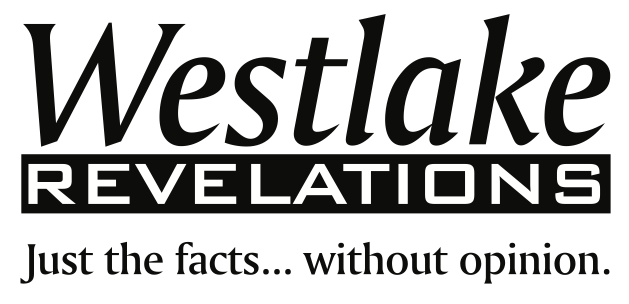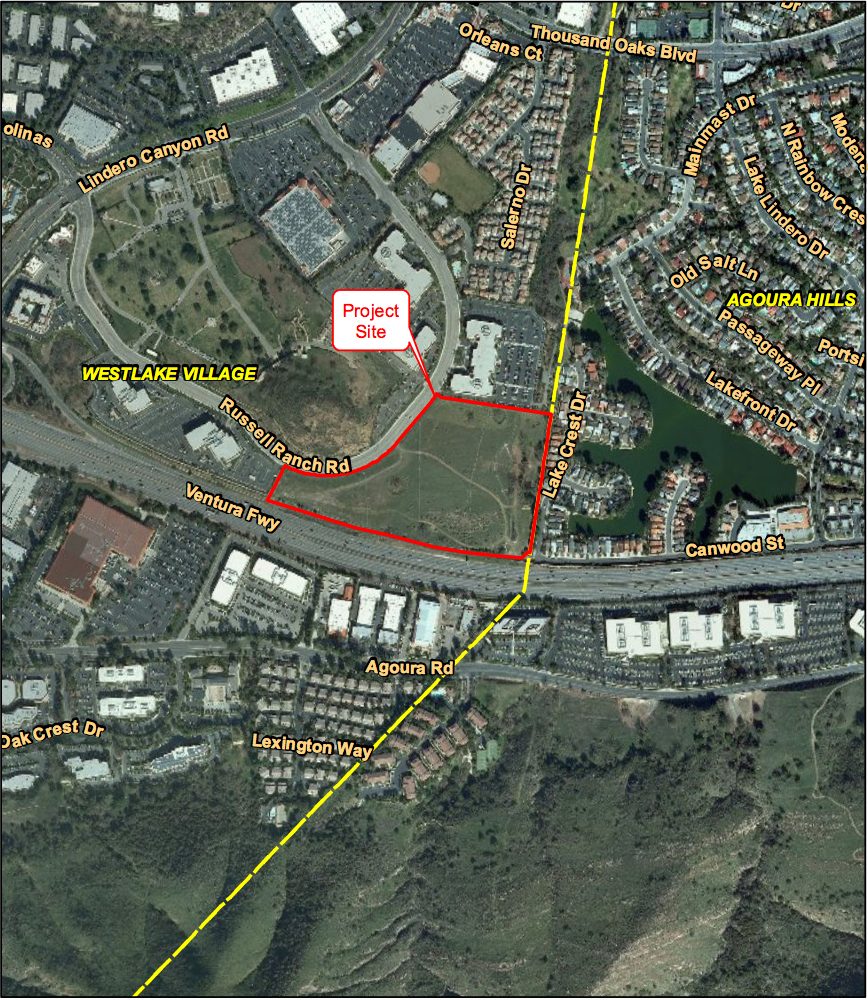Synopsis
In 2004, voters approved Measure E: a $98 parcel tax that generates approximately $2 million per year for the Las Virgenes Unified School District. It required a 2/3 voter approval to pass. That approval expires next year.
On Tuesday, November 6th, voters will vote on an extension of Measure E. This time, for 8 years. Like last time, It will pass if there is 2/3 voter approval.
While it’s a renewal of the parcel tax, and not a new tax, the new measure proposes a few changes, including a new exemption for residents who receive state disability benefits. Residents 65 or older would continue to be exempt from the parcel tax (if filed prior to the election), and residents who own more than one contiguous lot would have to pay only one fee.
The funds from Measure E are earmarked to:
* support high academic achievement in science, math, reading, and the arts
* provide needed textbooks and instructional materials
* student counseling/support services
The Measure calls for an independent fiscal oversight committee. No funds can be used for administratorâ??s salaries and every dollar staying in this community.
According to the county’s official ballot information, there is no formal opposition filed against Measure E.
The support argument is in your official ballot information. The Yes web site is at: http://www.voteyesonmeasuree.com/
LVUSD FAQ on Measure E
The school district has released an “FAQ” (frequently asked questions) about Measure E. That’s below, in their direct words:
FAQ Introduction for Parcel Tax Renewal
Four years ago, when the State of California was in the midst of an economic crisis, our community banded together to pass Measure E — a $98 per parcel tax. During the past four years, Measure E has funded nearly $2 million in critical programs to our district ranging from counseling services, including elementary counselors to class size reduction to extra-curricular and co-curricular activities. With state funding increases barely keeping pace with inflation, loss of these funds would necessitate elimination of $2 million in programs. Because of this, the Board of Education unanimously passed Resolution 5-07 on July 24, 2007, to place the renewal of Measure E on the November ballot.
Q: What is a parcel tax?
A: A parcel tax is the only means available for a local community to generate taxes for public schools that can then be controlled by the local community and cannot be touched by Sacramento or Washington DC. Through a parcel tax, all funds raised in the community, stay in the community and may only be used for the purposes designated by the voters of that community. It is the purest form of local control.
Q: I thought our property taxes support local schools? Since property taxes have been going up, haven’t our local schools received more money?
A: Since Proposition 13, the majority of public school funding has been controlled by Sacramento. Local property taxes represent only a small portion of overall funding for public schools. More importantly, any increase in local property taxes results in a corresponding decrease in state funding, thus, increasing local property taxes has no impact on local schools. The only type of tax that can create an additional income source for local schools is a parcel tax.
Q: How does a parcel tax work?
A: In order to qualify as a tax under the regulations established by Proposition 13, a parcel tax must be a uniform tax and then be equally applied. Therefore, it cannot be based on property value such as current property taxes. A value base tax is also called an ad valorem tax. Parcel taxes on the other hand are equal and assessed for each parcel within a taxing jurisdiction. Based on this, a $10 million home sitting on a single parcel is assessed the same identical tax as a small cottage sitting on a single parcel. Exemptions are provided for senior citizens so that they do not have to pay the tax.
Additionally, a parcel tax can only be used for the specific purposes approved by the voters. Finally, it is a limited term tax (i.e., the voters decide how long the tax shall last). The continuation of this tax will last nine years. A school district passing a parcel tax must continually go back to the voters to receive permission to continue to collect the tax. Because of this, if the need is no longer there, or if the school district fails to deliver what has been promised, the voters have an easy and relatively quick solution to ending the tax.
A parcel tax is referred to as a super majority tax. It requires a 66 2/3rds majority to pass. It is also referred to as a minority tax in that a minority of the voters can stop it from occurring. Because of this, it is a very difficult tax to pass. One “no” vote cancels out two “yes” votes.
Q: Have other communities passed parcel taxes?
A: Yes, communities such as Oak Park, Santa Monica, Palo Alto, Beverly Hills, and San Marino have all recognized the importance of local control to protect educational programs as well as the property value of homes.
Q: How much is the tax?
A: The Board decided to maintain the tax @ $98 per parcel. The tax will expire in nine years unless renewed by a vote of the community.
Q: What will happen if the tax does not pass?
A: Items such as librarians, library services, counseling services, and class size reduction are all items that are in jeopardy if the parcel tax is not continued. All these items could be lost next year along with other programs, which can include music, art, and elementary science, if the district were to lose this funding source.
Q: How do we know the money will be spent according to what the voters want?
A: The parcel tax will be subject to an annual audit by outside auditors as well as a yearly review and report by an independent citizens oversight committee. If at any time it is determined that the funds are not being used for the purposes approved by the voters, the tax ceases.
Q: What is the timeline?
A: The Measure E renewal has been place on the November ballot.
Q: If a parcel tax is not passed this year, can it wait another year?
A: If the parcel tax is not renewed during the current year, the district could be forced to cut in excess of $2 million in programs for the 2008/09 school year. Even if a tax were approved during 2008/09 year, it would not prevent the cuts that would occur for the following year. In the case of teachers and specialists who could be laid off, history has shown that these talented professionals find work in other communities and are not easily or quickly replaced.
Q: If I am a senior, how do I qualify for an exemption?
A: Once the Board of Education has placed the measure on the ballot, exemption forms will be available at the district office and every school site. Provided the exemption forms are completed prior to the election, seniors will be fully protected.
Q: Who will run the Campaign?
A: By law, the District may not campaign for any ballot measure. A Citizen’s Committee has been formed to campaign on behalf of the measure.



